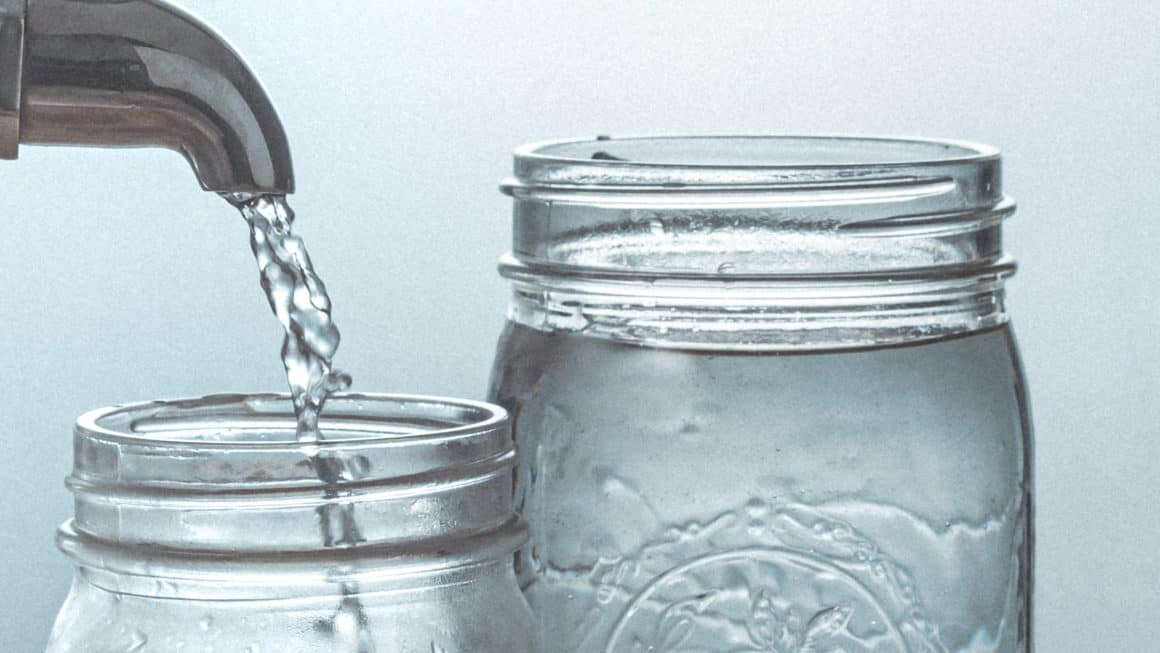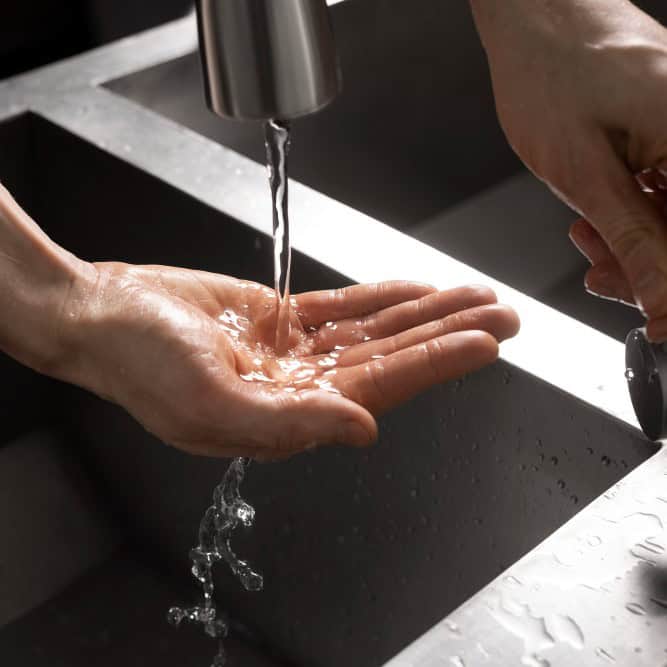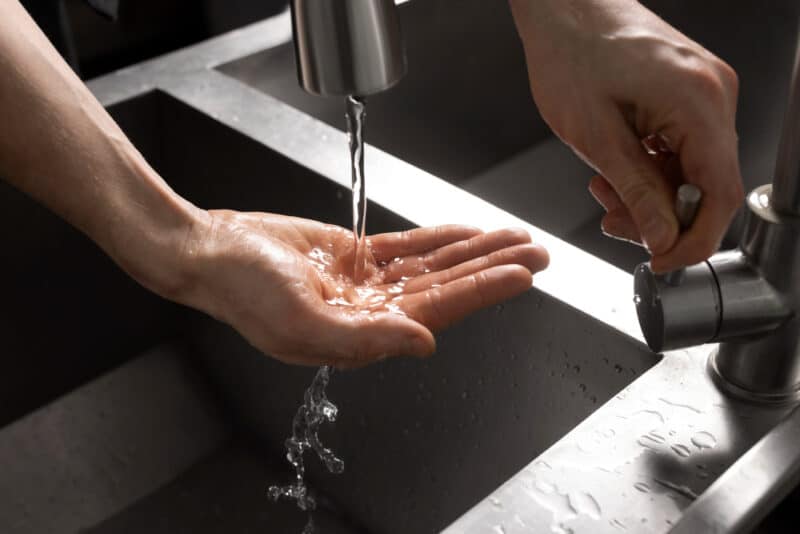Children need a lot of water to stay healthy. Their developing bodies need to stay hydrated. If you have running water in your house, you have an easy way to provide your child with water.
But how safe is your tap water?
Water is not healthy for your child if it’s contaminated. Different cities’ tap water varies in contamination levels. Tap water is never something you can truly trust.
If you’re worried about chemicals in tap water, this article will walk you through everything you need to know about toxic chemicals in tap water and what you can do about them.
Chemicals Found in Tap Water
If you’re wondering what chemicals are in tap water, look no further. Chemicals can make their way into your water no matter where your water comes from, whether it’s a reservoir, lake, river, groundwater, or a personal well.
If your water source is more public, contaminants like cigarette butts, agriculture, pet waste, leaking septic systems, and even dead wildlife can wind up in it. Think about the most disgusting river you’ve ever seen; there’s a chance that that’s your water source. So, it is vital to be aware of the potential threats to your water source and call a professional for septic pumping services to check if you suspect it may have been contaminated to ensure that your family is getting clean and safe drinking water at all times.
It may be hard to admit, but your private water source could also cause you problems. Products you use to help keep your home clean can wind up damaging you and your child if it gets into your water supply. Some of these products are fertilisers, pesticides, and household chemicals.
Now that you’re better aware of what can wind up in your drinking water, let’s look at some solutions.
How to Get Rid of Chemicals in Tap Water

There are effortless ways to keep contaminants out of your water. Contaminants can build up in hot water, so consider using cold water for cooking and drinking. You could also run the water for two minutes before using it to help clean the pipes out.
If your water is especially contaminated, you can boil it before drinking it. This will eliminate germs and bacteria. However, it will not remove toxic chemicals.
To reliably remove toxic chemicals, you might need a water filtration pitcher or a reverse osmosis system. If you think this sounds like something you’ll need, filter Smart has written a great article about when you should get reverse osmosis systems that you should check out.
You can do many things to take care of the contaminants in your water yourself, but at a certain point, you need to call in a professional.
Keep Your Family Safe
Children need to drink a lot of water, but they don’t need to drink water that’s contaminated. It’s an unfortunate fact of our modern world that something so important can wind up so corrupt.
By understanding what different sorts of chemicals can be found in water, how to get rid of them, and when you need to call a professional, you’ll be better equipped to deal with chemicals in tap water.
For more family-related articles, check out our Family section!


